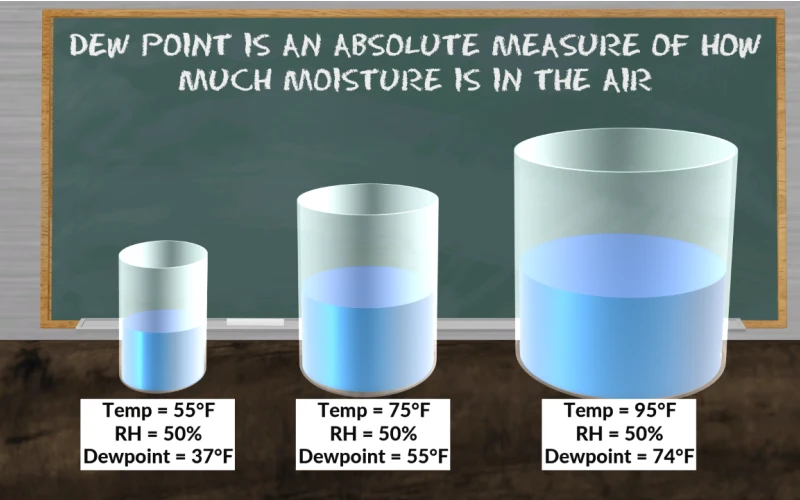
# High Dew Point Challenges in Industrial Processes
## Understanding Dew Point in Industrial Settings
The dew point is the temperature at which air becomes saturated with water vapor, leading to condensation. In industrial processes, a high dew point can create significant challenges that affect productivity, product quality, and equipment longevity.
## Common Problems Caused by High Dew Point Conditions
1. Corrosion and Equipment Damage
When moisture condenses on metal surfaces due to high dew point conditions, it accelerates corrosion. This can lead to premature failure of critical equipment and increased maintenance costs.
2. Product Quality Issues
Many industrial processes require controlled humidity levels. High dew point conditions can cause moisture absorption in hygroscopic materials, leading to clumping, caking, or degradation of product quality.
3. Process Inefficiencies
Condensation in pneumatic systems or on cold surfaces can disrupt operations. In painting applications, for example, high dew point conditions may cause surface defects like blistering or poor adhesion.
## Industries Most Affected by High Dew Point
Pharmaceutical Manufacturing
Moisture-sensitive drugs and excipients require strict humidity control to maintain stability and efficacy.
Food Processing
High dew point conditions can promote microbial growth and affect texture and shelf life of food products.
Electronics Production
Moisture can damage sensitive components during manufacturing and lead to failures in the field.
## Solutions for Managing High Dew Point
1. Proper Insulation
Insulating pipes and equipment helps maintain surface temperatures above the dew point to prevent condensation.
2. Dehumidification Systems
Industrial dehumidifiers can maintain optimal humidity levels in process areas, preventing moisture-related issues.
3. Process Optimization
Adjusting process temperatures or implementing air curtains can help manage dew point challenges in specific applications.
## Monitoring and Control Strategies
Implementing continuous dew point monitoring systems allows for proactive management of humidity conditions. Modern sensors and control systems can automatically adjust environmental parameters to maintain optimal conditions.
Understanding and addressing high dew point challenges is essential for maintaining efficient, high-quality industrial operations. By implementing appropriate control measures, manufacturers can mitigate the negative impacts of moisture-related issues.
Keyword: high dew point